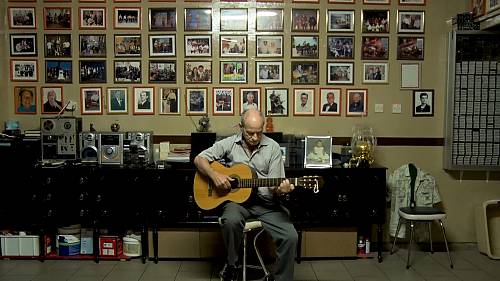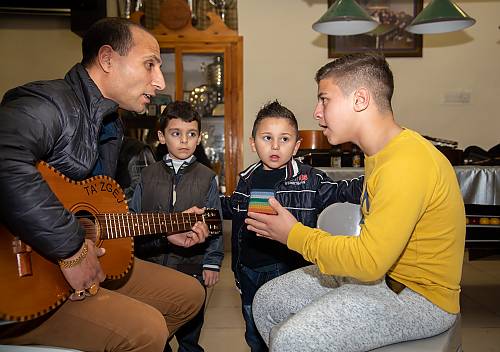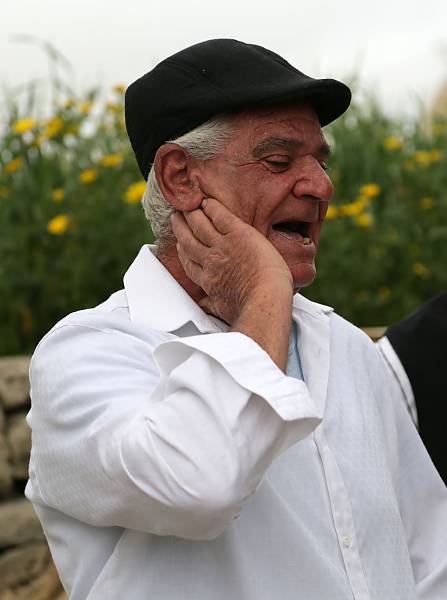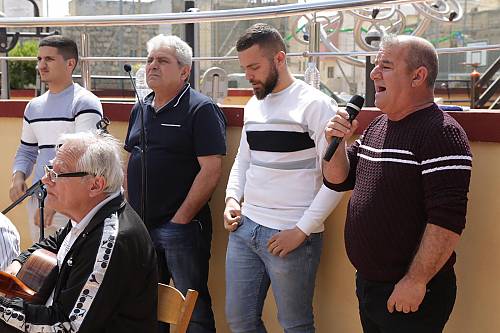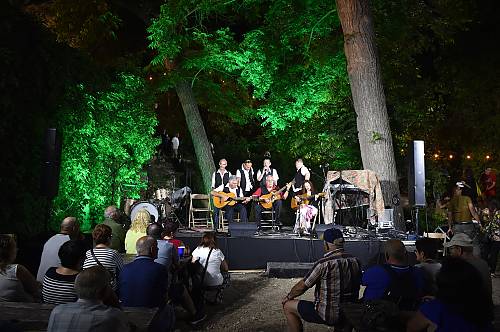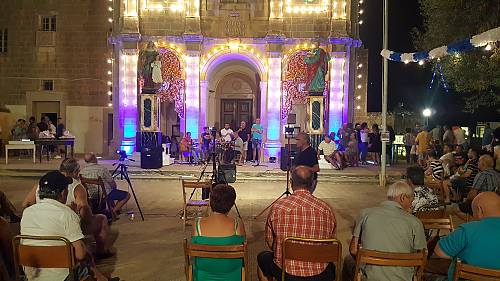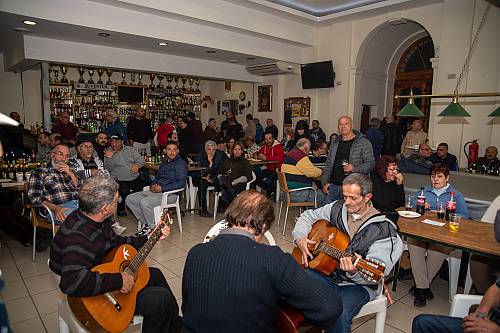L-Għana, a Maltese folksong tradition
Inscribed in 2021 (16.COM) on the Representative List of the Intangible Cultural Heritage of Humanity
Ghana (pronounced ‘ana’) is used to describe three related types of rhymed folksong in Malta. The most popular form of ghana is the ‘quick-wit’ ghana, an improvised duel between one or two pairs of singers, focusing on rhymes, convincing argumentation and witty repartee. ‘Factual’ ghana is a long, narrative poem sung by a soloist, usually from memory, to record important local events in collective memory. ‘Bormla’ ghana has simple lyrics sung using a large vocal range and a particular vocal style where a single syllable is sung while moving between several notes in succession. This third style was historically sung by women but has declined in popularity today compared to the more male-dominated ‘quick-wit’ style. Ghana sessions are held year-round in public and private venues, as well as during open-air festivals and celebrations. A strong camaraderie develops between the performers and the audience through friendly exchanges, as the practice of sharing jokes and recalling common experiences fosters a sense of shared history, identity and community. An integral part of Maltese culture, ghana is also considered vital to the transmission and development of the unique Semitic Maltese language that reflects the Arabic, Italian and English influence on the island.

